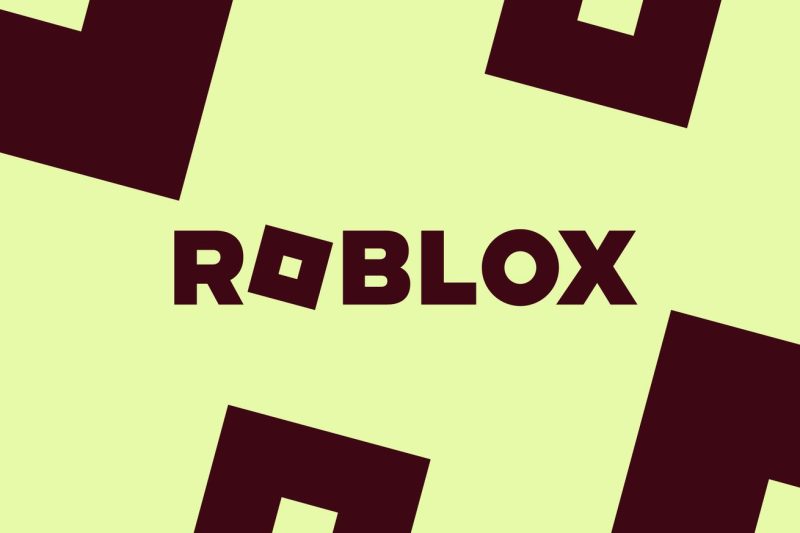Turkey Blocks Access to Roblox: What You Need to Know
In a recent move that has stirred up the online gaming community, Turkey has taken the decision to block access to the popular online game platform Roblox. The decision, which came as a surprise to many Turkish players, has raised concerns and led to a debate on internet censorship and freedom of expression.
The block on Roblox in Turkey is part of a broader trend of increased government control over online content and platforms. In recent years, Turkey has implemented various measures to regulate internet usage, including restrictions on social media platforms and the banning of certain websites.
The Turkish government has not provided a clear explanation for the decision to block Roblox. However, it is believed that the move is in response to concerns over the content available on the platform. Roblox, which is popular among children and teenagers, allows users to create and share their own games and experiences. Some of these user-generated games may contain content that is deemed inappropriate or harmful by Turkish authorities.
While the decision to block Roblox may have been made with good intentions, it has sparked criticism from players and free speech advocates. Many argue that the move is an infringement on the right to access information and entertainment online. Some have also raised concerns about the lack of transparency and accountability in the decision-making process.
The block on Roblox in Turkey highlights the ongoing challenges related to internet freedom and censorship in the digital age. As governments around the world grapple with the complexities of regulating online content, it is essential to strike a balance between protecting users from harmful content and respecting their right to freedom of expression.
In response to the block, players in Turkey have started using virtual private networks (VPNs) to bypass the restrictions and access Roblox. While VPNs can provide a temporary solution, they may not be accessible to all players and could pose risks in terms of data privacy and security.
The situation in Turkey serves as a reminder of the importance of advocating for internet freedom and pushing for more transparent and democratic processes when it comes to regulating online content. Players, activists, and policymakers must work together to find solutions that uphold both the safety of users and their fundamental rights.
As the debate over the block on Roblox continues, it remains to be seen how Turkish authorities will respond to the growing calls for transparency and accountability. In the meantime, players in Turkey are left to navigate the challenges of accessing their favorite game and expressing themselves in a digital world that is increasingly subject to government control.

